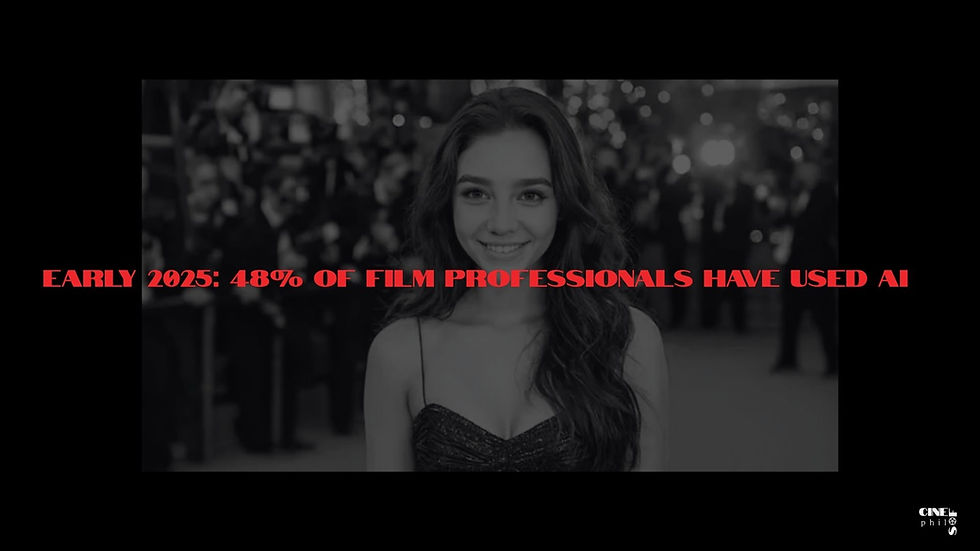The Sound of Heart(ache and healing):
- Sofia R. Willcox

- Jan 27
- 3 min read
With Valentine’s Day approaching in a few weeks, love is in the air. “You’d think that people would’ve had enough of silly love songs[…] Some people want to fill the world with silly love songs.” As we near Grammy season, let’s not forget Miley Cyrus’s debut at the awards with "Flowers" last year. 2025 also marks the 30th anniversary of Alanis Morissette’s Jagged Little Pill. But what’s the secret behind the enduring popularity from these strokes of the pens? Perhaps it’s that breakup songs are as much about self-discovery as they are about heartache. This is the Cupid of today’s world, operating in an age of liquid modernity and individuality.
In an era shaped by Taylor Swift’s "Imperial phase" (loved by many, and criticized by others for her lyrics, which some label as victimization or over-dramatization), there’s also the contrast between her “boy-next-door” persona and her dating choices. Regardless, her breakup songs deserve mention. They convey a sense of closure, give voice to emotions, and connect with listeners by validating their experiences—a reminder that we’re not alone in our heartbreaks.
Breakup songs have existed for as long as music itself, though their style and expression have evolved over time, shaped by new recording techniques and cultural shifts —and gets renovated by each generation’s scars. Still, they transcend generations, connecting through deep emotions like sadness, anger, betrayal, and empowerment. That’s the power of narrative storytelling. This phenomenon crosses cultural barriers too. In Brazil, there's Marisa Monte, the queen of romantic stone’s throws. With her soulful voice and heartfelt lyrics, she has captured the emotional depth of heartbreak and self-discovery, much like her counterparts in other parts of the world.
Curiously, the 1960s were dominated by tragic breakup songs topping the charts, while by the 1990s, this became rarer. Songs from that era shifted to more introspective and raw emotional expression. Boomers, often more emotionally repressed than millennials, also tended to downplay the importance of emotional and mental health. The 1970s introduced Joni Mitchell’s Blue (1971) and Fletwood Mac's Rumours (1977), while the 1980s brought a new sound with synth-pop bands like Soft Cell and "Tainted Love" (1981). In the 1990s, the grunge and alternative rock movements made their mark, exemplified by Alanis Morissette’s "You Oughta Know" (1995), and The Cranberries' Linger (1993). More recently, artists like Olivia Rodrigo with "drivers license" (2021) have continued this tradition, blending contemporary pop sensibilities with classic themes.
In between, there are so many more names—each adding their own voice, style, and heartbreak to the narrative. It's a hard task to enlist them all, but the diversity of voices, from pop icons to indie darlings, shows just how universal and timeless the themes of love, loss, and self-discovery really are.
Breakup songs also have a gendered aspect. Traditionally, men are expected to repress their emotions, while women are often expected to suppress their sexualities. Non-binary people, in turn, are frequently marginalized or silenced by societal violence.
Liquid modernity—a concept introduced by Polish sociologist Zygmunt Bauman—describes our current world, marked by constant change and mobility. This includes fluid boundaries between people, social structures, and fragmented identities. This is where breakup songs meet the world of today.
Consider the trend of paying a fee to connect with new people—it's the secret formula behind many dating apps, which flood your phone with notifications that quickly drain your wallet. While these apps may have noble intentions of bringing people together, they often end up as a recipe for “card indigestion.”
You risk wasting money on people who may be involved in catfishing, manipulation, narcissism, toxicity, or unresolved mental health struggles. These are archetypes from different walks of life, and the card doesn’t regurgitate.
Money can’t buy happiness, but it paves the way to it. In today’s world, tangible experiences—or even material possessions—seem to take precedence over emotional fulfillment. You risk wasting money on people unwilling to make a move, weighed down by life's baggage, hidden in their shells, unwilling to connect.
Life isn’t just about moments and experiences; it’s about meaningful connections. It gets lonely carrying the weight of globalization in our fingertips. How much does that armor mask weigh? Does it demand too much to be genuine?
Isn’t it ironic, don’t you think? That in a world where we're more connected than ever, we still struggle to truly connect?




Comments